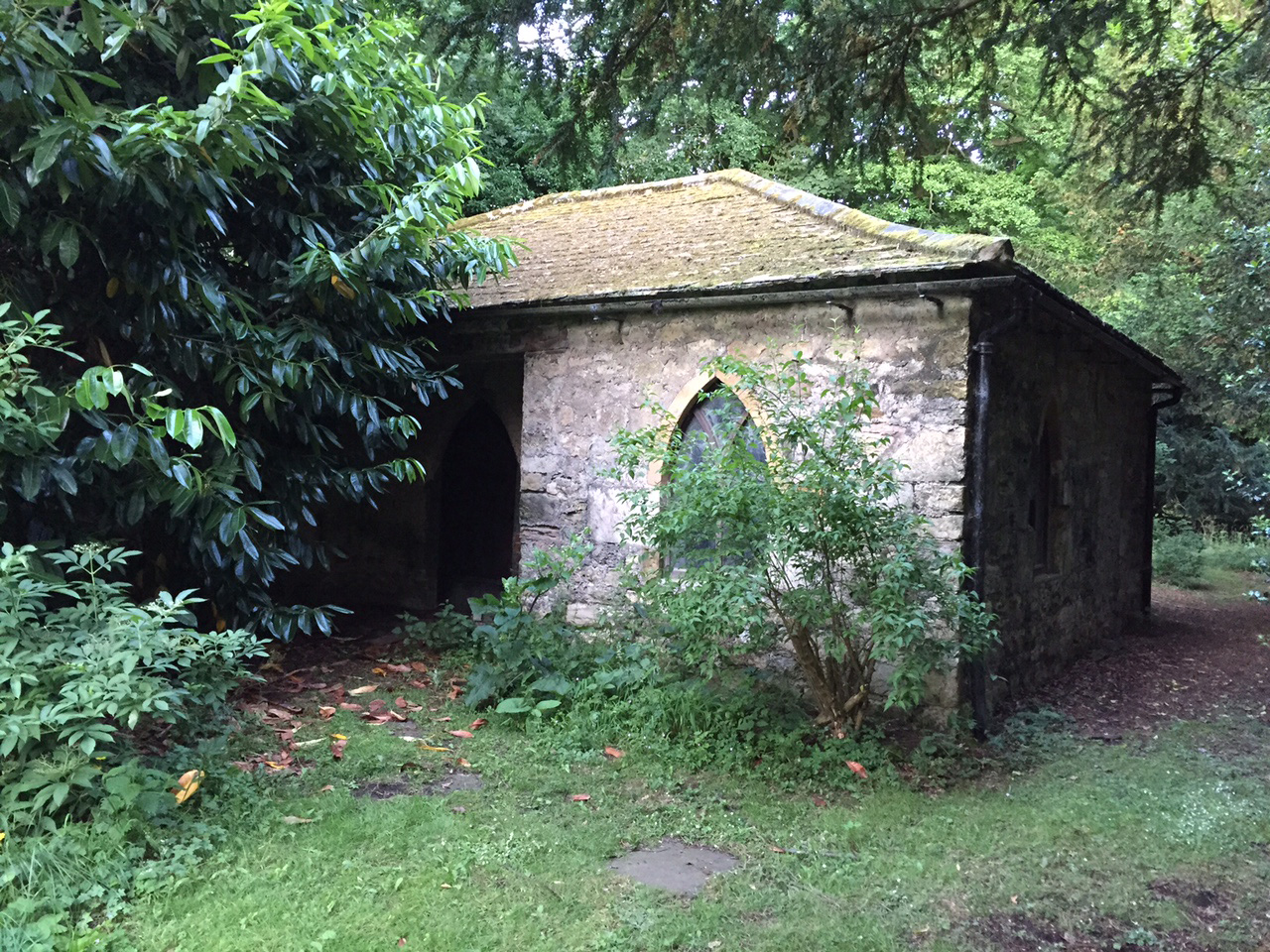
Planning & Development
Ecological planning information is required so that an informed assessment can be made by the competent planning authority. These considerations are driven by a body of legislation, which guides not only planning requirements, but also nature conservation, wildlife protection and the broader development process.
These legal requirements come from both UK and European wildlife legislation, and aim not only to preserve what is already present, but also to enhance opportunities for biodiversity in the future.
Typically, an ecological survey cannot be ‘conditioned’, but instead it must be produced ‘up front’ before a permission is granted. This allows the decision makers access to vital information which may have been destroyed during the development process had it been granted.
Our skill and expertise lies in steering our clients through this complex legislation, ensuring that projects run smoothly and to budget, without unexpected delays or issues. This is best achieved when we are involved at the early stages of a project, and we can flag up potential constraints to development.
Sectors we work with
Q: When is the best time of year for developers to work on a site in order to avoid ecological issues?
A: There are different ecological considerations at different times of the year. The Quants seasonal survey calendar provides more information about the months in which specific surveys can be undertaken, and when certain surveys may not be possible.
Download our Seasonal Survey Calendar here.
Critical project delays can be avoided with advance planning and consultation with our ecologists during the earliest stages of project developments. We can also undertake a straightforward site check on a proposed site, which will flag up any ecological issues likely to affect planning proposals at the earliest possible stage.
Q: How can I minimise delays arising from ecological issues?
A: Certainty of Schedule Delivery is best achieved by involving your ecologist at the project inception stage, and by making sure you obtain a detailed project timeline.
Q: What can I do when protected species such as bats are found on my site?
A: There are many different options in order to work alongside native flora and fauna. At one end of the spectrum, a European Protected Species Mitigation Licence (EPSML) is available through Natural England to allow activities to occur that would otherwise be classed as unlawful. However, this can take some time to arrange – approximately 30 working days for processing at present. At the other end of the spectrum, mitigation by design is available through working with a planning ecologist and therefore potentially avoiding the requirement for an EPSML application. This is an area in which Quants is very experienced.
There are many additional questions as no two sites ever have identical issues. However, staff at Quants have the knowledge and experience to minimise the ecological risk and increase your Certainty of Schedule Delivery. It is important to remember that even if the information and advice we are giving you is not what you want to hear, we will always deliver best advice to you as our client with your overall project aims in mind.




